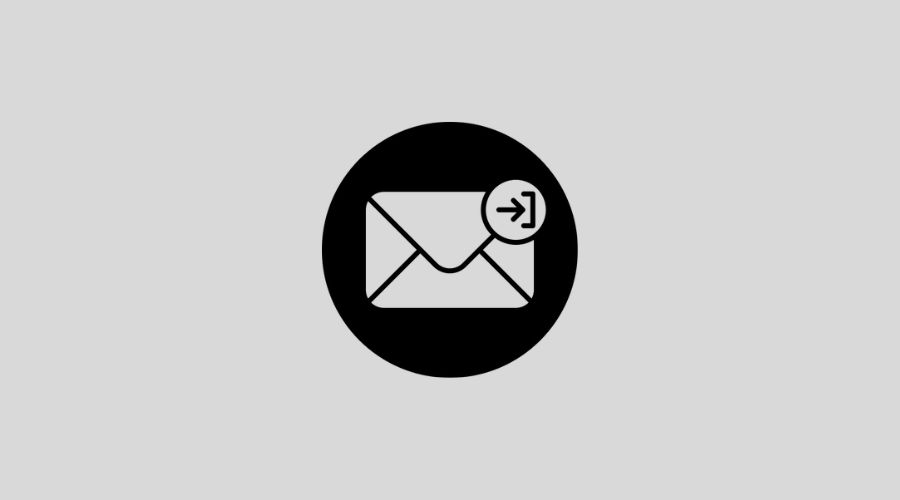Email Marketing Best Practices: Why Its Still Relevant ?

Modern businesses rely on many tools to connect with audiences, but one method has remained consistent: email. Despite the rise of social media, paid advertising, and chat platforms, email remains a dependable channel for communication, updates, and brand awareness. Its flexibility, combined with measurable performance, gives it a lasting place in digital strategies.
Understanding Email Marketing Best Practices helps businesses tailor messages that resonate without overwhelming subscribers. With the right setup, these campaigns drive engagement while respecting users’ time and attention. Whether used for nurturing leads or updating loyal customers, email can offer timely, structured communication that aligns with broader marketing goals.
5 Email Marketing Best Practices
High Engagement with Minimal Disruption
Emails reach inboxes directly, creating a space where messages are more likely to be seen. Unlike social feeds that shuffle posts based on algorithms, inboxes present emails in chronological order. This visibility helps ensure that announcements, offers, or updates are less likely to get lost in the noise.
Well-crafted, relevant emails offer value without demanding immediate action. Their subtle tone keeps recipients informed without overwhelming them. This respectful approach helps foster ongoing engagement over time.
Reliable Performance and Tracking
Email platforms provide detailed analytics that enable teams to evaluate campaign effectiveness. E-commerce metrics such as open rate, click-through rate, and bounce rate give a clear picture of what works. This level of transparency supports better decision-making over time.
Adjusting strategies based on performance data enables organisations to refine their email efforts continually. Even small changes in subject lines or content structure can result in higher engagement. This process of ongoing improvement makes email a responsive and adaptive channel.
Also Read: Content Promotion Strategies to Boost Reach & Engagement
Flexible Content for Different Goals
Email helps in adaptability. Campaigns can be short and focused or detailed and informative. A single message can announce an event, provide a tutorial, or share new insights. Different types of emails, such as newsletters, transactional notices, and follow-ups, offer opportunities to connect at various stages of the customer journey.
Whether the goal is driving traffic, gathering feedback, or encouraging repeat engagement, email can support it with minimal resources. This versatility enables businesses to tailor each message to the campaign’s intent without having to reinvent the format every time.
Maintaining Connection While Respecting User Boundaries
Subscribers often join email lists intentionally, meaning the audience is already interested in the brand or its offerings. Regular contact helps maintain brand awareness, even when recipients don’t act on every message. Emails can also be personalised based on user behaviour, past interactions, or preferences.
Unlike some forms of digital outreach, email allows recipients to take control. They can choose to engage, ignore, or unsubscribe at any time. This respect for user autonomy has helped maintain trust in email as a marketing tool. Businesses are encouraged to collect contacts ethically and manage preferences transparently.
Also Read: Best Email Marketing Platforms
Digital Marketing Support for Smarter Campaigns
Many businesses seeking to enhance their digital presence turn to specialists who help streamline marketing strategies and improve lead generation. These professionals help shape a brand’s online identity through targeted channels, including search engines, content platforms, and social media.
Their role involves crafting tailored solutions that align with business goals, whether the focus is on increasing awareness, driving traffic, or generating conversions.
With an emphasis on sustainable growth, digital marketing experts often guide teams in utilising tools such as email marketing, paid advertising, SEO, and performance analytics. They merge industry expertise with platform-specific insights to help businesses run campaigns that are both consistent and scalable.
Businesses continue to rely on email because it strikes a balance between reach, relevance, and control. When aligned with Email Marketing Best Practices, this digital outreach channel delivers consistent engagement while respecting user preferences. It remains a vital part of the mix, supporting growth, communication, and long-term relationships.
